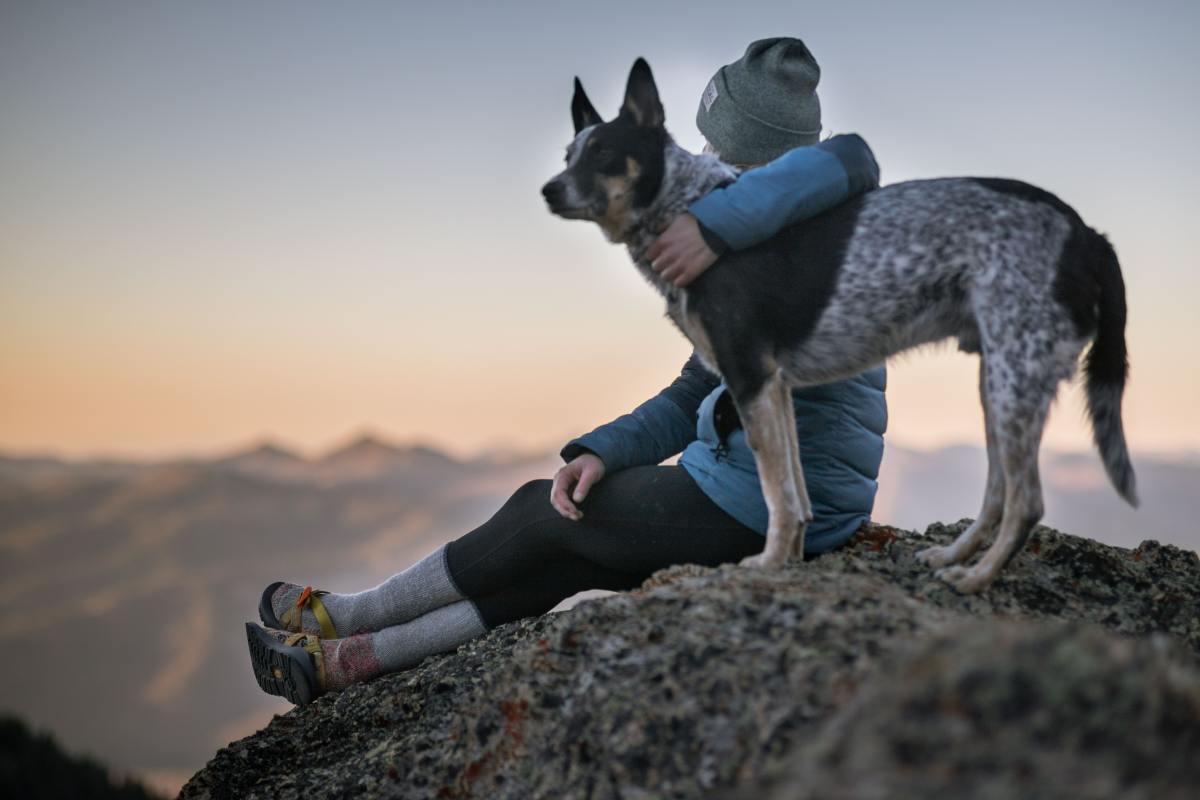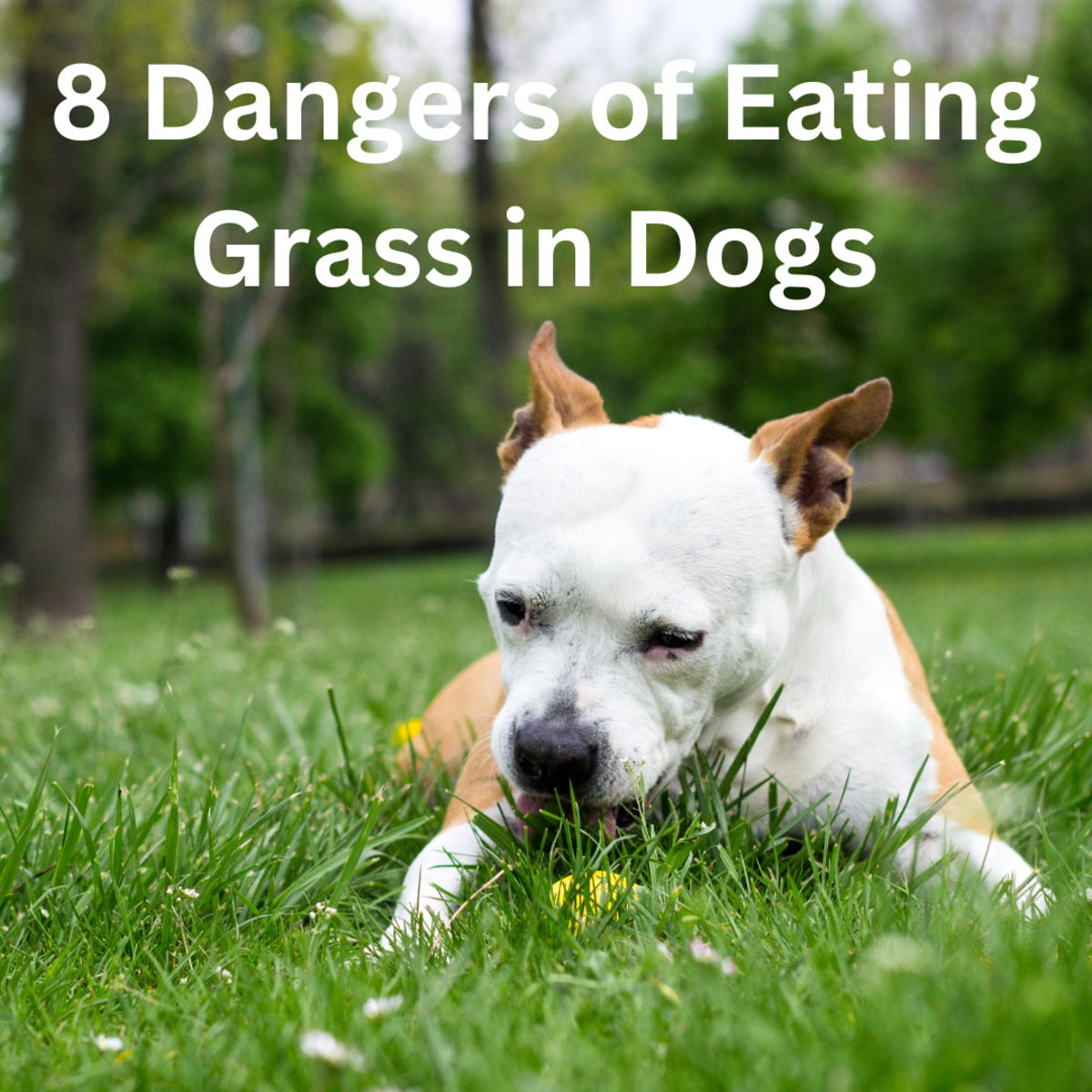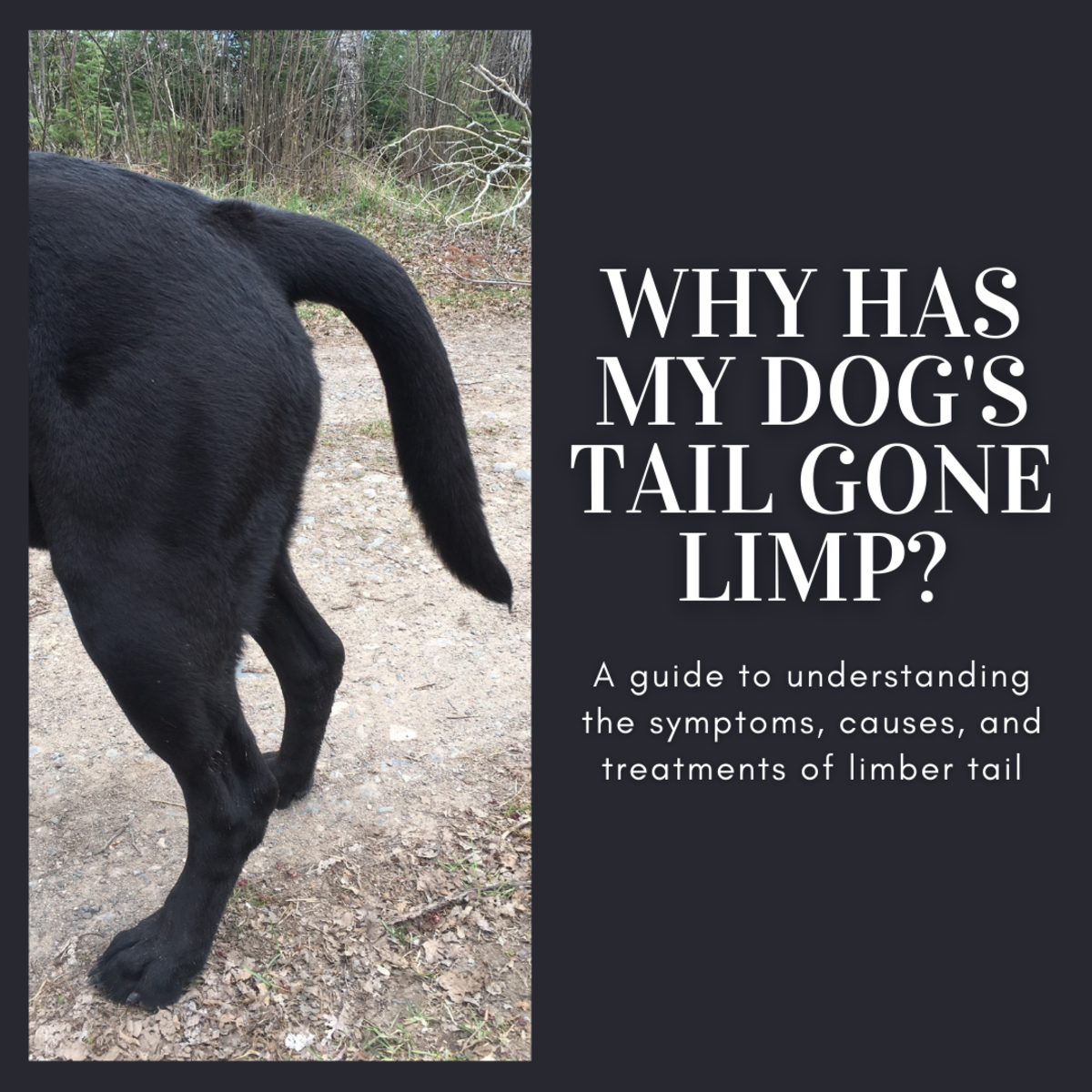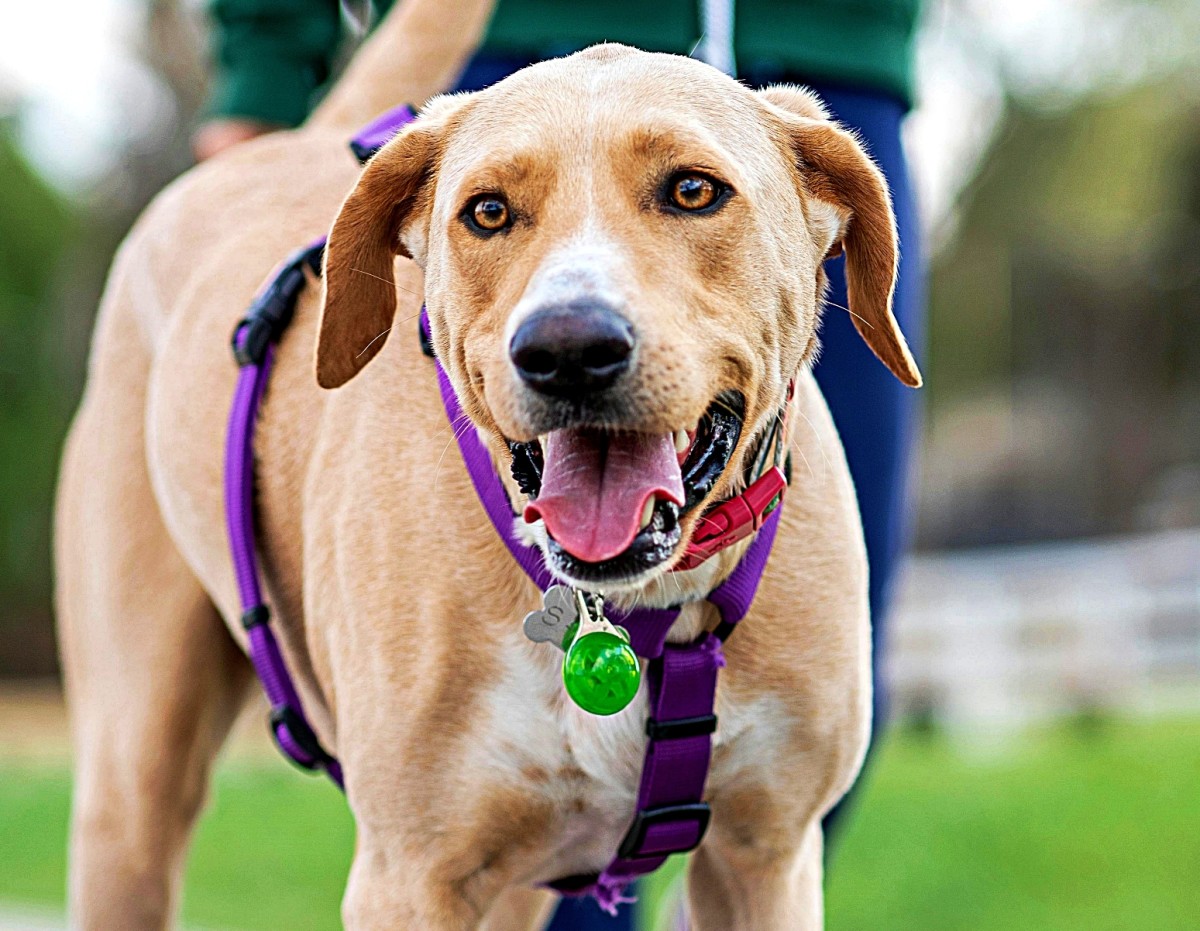Should I Castrate My Young Male Dog

To Neuter or Not?
If you ask most veterinarians they’re going to tell you that you need to neuter (castrate) your male pet dogs at six months, if you aren’t using them for breeding purposes. It’s often presented as a cut and dried deal. The dog's six months old - get out the snips. As a result, a lot of people know almost nothing about the health risks related to early castration of our pups. Most well-meaning veterinarians and dog rescue facilities routinely dismiss any risks to the procedures, describing the major risk as “a little weight gain” and little else. There are, however, some risks other than weight gain. Here are some of the potential benefits and risks to early castration of male dogs.
Reducing Male Dog Behaviors
If you castrate a male dog, it’s testosterone levels are reduced. This reduces aggression and the desire to wander. It was precisely for this reason that the ancient kings used to neuter their servants making eunuchs out of them in hopes they wouldn’t get frisky and seek to unseat the king. Of course, with our male dogs, we hope to be the king of our own household kingdoms and wish our dogs to be more submissive. Castration will certainly help do that for dog owners who have trouble being assertive with Fido.
Castration reduces the risk of your dog getting into fights with other males, keeps him from pursuing females in heat and slows down his tendency to hump your leg. Unfortunately, castration, though it reduces your dog’s desire to run around the neighborhood marking his territory, also reduces his urge to exercise. The risk of obesity among dogs castrated during the first year is nearly triple that of unneutered or late neutered dogs (Larry Katz and Laura Sanborn - 2007). It is thought that the reduction in territory marking you get with early castration, especially in large male dogs, may lead to later kidney problems.
Risk of Canine Diseases
Early neutering does eliminate the risk of one canine disease - testicular cancer. Neutering may also prevent enlargement of the prostate. An enlarged prostate is easily cured by neutering the animal.
For dogs neutered in their first year, there is a higher risk of bone cancer and hip dysplasia (Cooley, Beranek, Schlitter, Glickman, Glickman and Waters – 2002). Other diseases, however, can also occur more frequently in dogs who are castrated as puppies and very young dogs (first year). These include hypothyroidism, urinary tract cancer, and cardiac hemangiosarcoma. A 1999 study by Ware, et al., found a 2.4 times greater risk of heart tumors (hemangiosarcoma) in neutered dogs as compared to intact males.
Physical Consequences
There are some physical consequences to neutering dogs before puberty. Dogs neutered early tend to have longer legs. Their chests tend to be flatter and their skulls narrower. Dog sex hormones, not only regulate sexual activity, but also interact with other hormones, such as the ones involved in regulating the growth of muscles, bones, and tendons. These changes in normal proportions and shapes of the skeleton can cause problems for active dogs. Active dogs, especially working animals can suffer problems with joints, tendons and ligaments. Spay and neuter operations can increase incidences of bladder incontinence. The frequency of thyroid disease risk is tripled. Risk of cancer, joint problems and obesity goes up. Early neutered dogs can even experience adverse reactions to vaccinations.
Psychological Risk
A study published in The Journal of the American Veterinary Association (Hart, 2001), demonstrates that neutered immature male dogs have a higher risk of cognitive function impairment and behavior problems. This can be related to the narrowing of the skull mentioned above. Sex hormones play a key role in the growth and maturation of animals. More study of the role of sex hormones in canine mental health is needed, but the cognitive risk factors do seem to apply across most species (Katz and Sanborn).
Risk Management
Current research does show that early neutering may predispose male and female dogs to significant health risks. It is ALWAYS a good idea to do some research before taking the advice, even of animal shelters, vets, and animal welfare advocates with regard to any medical procedure undertaken on your pets.
Many such advisors make their recommendations based on what they believe is best broadly. It is part of a shotgun approach to solving the problem of canine overpopulation. They are not interested in offering irresponsible owners an “out”.
I am not an irresponsible pet owner. I take care of my furry buddies. In deciding on a time frame for neutering my dogs, I did some studying and found that waiting for my dogs (male and female) to become more physically mature helps reduce the risks we discussed. It’s not just age that plays into your decision to spay or neuter your dogs. Other factors like your dog's breed and gender also come into play. There are plenty of websites and available experts you can consult as you decide when to neuter your specific breed of dog, it’s gender and age.
As much as we love our dogs, it’s a good idea to be as careful about knowing the potential consequences of getting medical procedures for them as we would be for ourselves. If someone airily recommended that you have something surgically removed, you’d certainly want to know if there were any potentially harmful side effects before going under the knife. Same with your dog!
References:
NAIA: Long-Term Health Risks and Benefits Associated with Spay/Neuter in Dogs by Laura Sanborn MS
http://www.naiaonline.org/pdfs/longtermhealtheffectsofspayneuterindogs.pdf
Hemangiosarcoma
https://en.wikipedia.org/wiki/Hemangiosarcoma
Dog Neutering, Sterilization, Castration
http://www.yourpurebredpuppy.com/health/articles/neutering-male-dog.html
Dog Owner’s Guide: Spay or Neuter Surgery
http://www.canismajor.com/dog/spayneut.html
Science on Pros and Cons of Neutering or Spaying Your Dog
https://topdogtips.com/pros-and-cons-of-spaying-your-dog/
Spaying or Neutering Your Dog: The Pros and Cons
https://danceswithdogs.com/spaying-neutering-dog-pros-cons/
Veterinary Advice Online: Male Dog Neutering
http://www.pet-informed-veterinary-advice-online.com/male-dog-neutering.html
© 2018 twayneking








